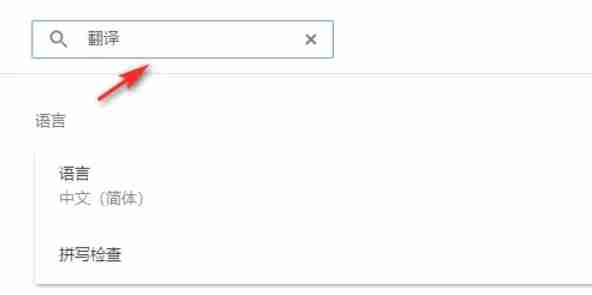Master the Art of Google Chrome Webpage Translation: A Comprehensive Guide
Tired of language barriers hindering your online browsing? This guide provides a step-by-step tutorial on effectively using Google Chrome's translation features, covering whole-page translation, selected text translation, and personalized translation settings. Follow these instructions to seamlessly navigate multilingual websites.
Step 1: Accessing the Settings Menu
Begin by clicking the three vertical dots (or three horizontal lines) in the upper right-hand corner of your Google Chrome browser. This opens the main settings menu.

Step 2: Navigating to Browser Settings
In the dropdown menu, select the "Settings" option. This will take you to your browser's settings page.

Step 3: Locating Translation Settings
At the top of the settings page, you'll find a search bar. Enter "Translate" or "Language" to quickly locate the relevant settings.

Step 4: Accessing Language and Translation Options
Once the search results appear, click on the "Languages" or "Translation" option.
Step 5: Managing Languages and Translation Preferences
The language settings page displays a list of languages supported by your browser. Here, you can add, remove, or rearrange languages. Crucially, ensure the option "Offer to translate pages that aren't in a language you read" is enabled. This will prompt Chrome to automatically offer translation for pages in languages other than your default.

Step 6: Enjoy Seamless Multilingual Browsing
With these settings configured, Google Chrome will automatically detect and offer translation for non-default language websites, providing a smooth and accessible online experience.









